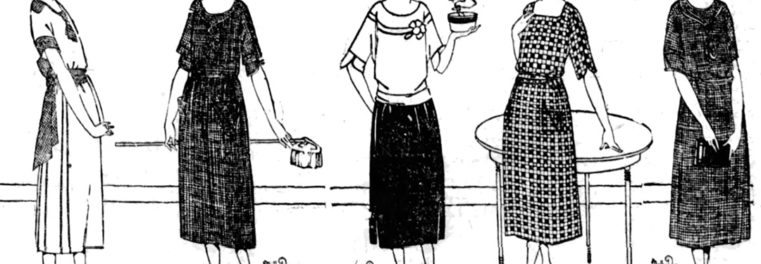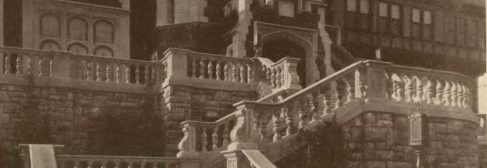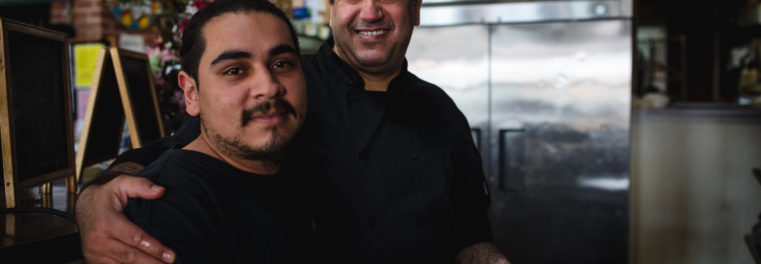Blue Bird of Happiness
Café & bar, patio seating, vegan & vegetarian options, organic, homegrown, local food

Bluebirds, revered as the harbingers of happiness, are a symbol that dates back to the Shang Dynasty (1766-1122 B.C.), when oracles divined prophecies from tortoise shells or ox shoulders. The bones or shells would then be thrown into fire and crack into various lines and markings. After the markings and lines were deciphered, the oracles inscribed the messages into the shells and bones. Over 100,000 oracle bones have been uncovered in China, and the Oracle script is considered the oldest written Chinese language. Bluebirds can be found on some of the earliest oracle bones, surrounding the shaman and goddess Xi Wangmu. Oftentimes, Native American tribes considered bluebirds sacred and full of joy and happiness because their feathers resembled the sky.

The symbol can be found today on wedding cakes, in lyrics or poems, tattooed across collarbones, or flying high above the bright yellow door of the Blue Bird Bistro at 17th and Summit Streets in the Westside neighborhood of Kansas City, Mo. The Blue Bird Bistro (ahem, harbingers of great joy and happiness by way of food and beverage and warm atmosphere) lives in an historic 1880s building, one that has lived many lifetimes. From a doctor’s office to a drugstore to Murphy’s Tavern, followed by countless cafés, a barber shop, and a neighborhood market, it is now home to an eclectic organic, sustainable café. Catering to appetites ranging from Bison meat to tofu, owner Jane Zieha and her one-woman army help to provide the Westside with a strong and healthy heartbeat. Her quaint corner bistro embodies the essential qualities of the neighborhood: creative, unique, colorful and an unparalleled determination to be its damn self.

In 1993, longtime Westside residents and preservationists, Kathy Marchant and Michael Martin, purchased the historic, boarded-up building at the corner of 17th and Summit and opened a market. Marchant, then a vegetarian, was told she had to carry meat for sale. According to local resident Allan Winkler, Marchant offered one bag of beef jerky for nearly $1,000. Talk about conviction and ingenuity.
Though the building at the corner of 17th and Summit transformed many times over the years, Bluebird Bistro is here to stay and provide fresh, clean food in a comfortable, spacious eatery in Kansas City’s oldest suburb.

The Westside was first settled by an Indian and horse trader by the name of William Mulkey. Along with his wife, Catherine Drips, daughter of an Oto Indian woman and one of the first white men to travel west, Andrew Drips, Mulkey built the first red brick home in the area (most homes were still built of logs.) In the 1860s, Mulkey and Drips platted the surrounding land and sold the lots for $1,000 a piece. Another early Westside resident was William Gillis. With the fortunes he made from trading with Native Americans (mostly Delawares), Gillis, one of the original 14 investors who platted the Town of Kansas, built a luxurious mansion and plantation at 27th and Holly Streets in the Westside, which took up most of the present-day neighborhood. The plantation depended on the labor of many slaves for upkeep. Border ruffians–described by propagandists as dirty, toothless Missourians from the boonies–looted the his home during the Civil War, and forced him to move closer to the river.

Thanks to the stockyards and packinghouses located below in the bottom lands, Irish, Swedish, German and Danish immigrants and eventually families migrating from Mexico and Latin American countries moved to the area for work and dredged a community out of the steep bluffs on Kansas City’s Westside. This cultural diversity lives on in the Westside today.

The Bluebird Bistro is divided into four distinct areas: a bright, sunny room filled with intimate tables near the large storefront windows, a bar area full of old crackling vinyl booths and copper-covered tables hand-scrawled with drawings and initials, a bricked-in moody back room with local art and piles of crystals on the windowpanes.

Finally—if you are lucky and it is open—the steep front stairs will land you in what could be considered your quirky aunt’s Maine bungalow. Featuring small, decadent rooms with creaking floorboards, this joint has whatever you want. Intimate or communal. Historic or modern. Fancy or modest. Anything you want, you’ll find it. And whoever you are, is all right by them.
The Bluebird welcomes everyone from book clubs to bikers, from first dates to 50-year anniversaries, from rock’n’rollers to holy rollers. You might hear anything from The Smiths to Barry Manilow, but definitely Barry Manilow. It’s that kind of joint. Laid back, honest, humble, true to itself.

And the food? Organic (some), sustainable (some), local (mostly), good (always). But if you don’t like it one day,you will the next. The menu changes from breakfast to lunch to dinner and differs daily. They serve what they have in the kitchen, they serve what is in season, and they serve what they bought from the mushroom peddler that day. In summation, they do what they want and they don’t apologize, and likely, they won’t have to.










